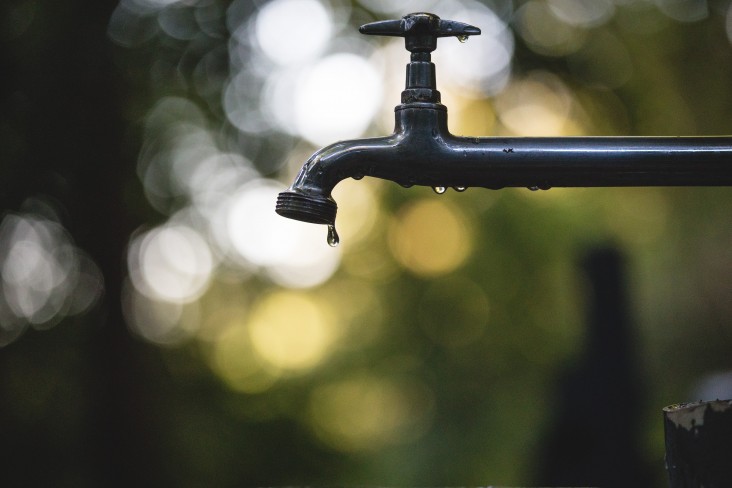Water, particularly here in Central Otago, is often described as “liquid gold”. It is one of our most precious commodities.
Now, thanks to the Government’s Three Waters Reform Programme, and the new Water Services Act 2021 (Act), the way water is regulated is in for a big shakeup.
The Act represents a major milestone in water management across Aotearoa. It establishes drinking water standards and regulates all persons and organisations that supply drinking water.
This is a huge shift as previously only large-scale water suppliers were captured by health regulations. Now, anyone who supplies water to another household or dwelling, which may be used for drinking water, is likely to be caught under the Act.
Statistics suggest up to 75,000 rural domestic water suppliers may be affected.
Those likely to face the biggest impact are private water schemes, where water is drawn from a single private water source such as a bore or spring and shared by multiple neighbours. This is common in lifestyle blocks, farms and rural areas.
In Central Otago, private water schemes are prevalent. This is partly due to our continental climate and thriving agricultural industry, but also to our rich history. We have gold miners of old to thank for the races, culverts and dams that make up many of the private water schemes still used by landowners today.
Many of these private water schemes operate on a time-honoured “handshake”, often with water users having little to do with each other. Bringing these informal arrangements in line with the new Act means water users will need to come together to address the new requirements as a collective. Issues such as cost sharing arrangements, scheme upgrades and even take rights may be on the table for discussion.
Farms will also be impacted where a single water source is used to supply water to several dwellings, staffrooms, or workers’ quarters. As will irrigation schemes, if members use irrigation water for drinking water.
For those affected, there will be a host of new duties and obligations such as meeting regulatory drinking water standards, creating drinking water safety plans, protecting against risks of backflow, and the requirement to register the supply of drinking water with the new Government regulator – Taumata Arowai.
Going forward, the supply of water for our rural communities is likely to be a lot more complicated, and costly.
Despite the potential impact on the entire rural sector, the Act has slipped into law with relatively little reporting. Those affected should seek legal advice if they need assistance understanding what this means for them.
